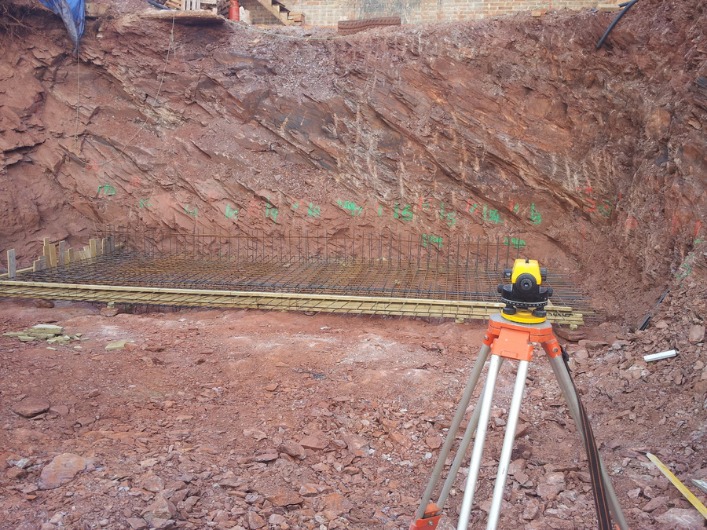In every community, the local permit office plays a crucial role in maintaining the safety, aesthetics, and general wellbeing of the area. These offices oversee the authorization processes for various construction, renovation, and land use projects. Whether you’re planning to renovate your home, start a business, or build a new structure, understanding how your local permit office functions is essential for navigating bureaucratic waters smoothly.
Understanding the Importance of Permits
Permits are more than just paperwork; they ensure that all projects meet the required standards and codes designed to protect the public. These codes encompass aspects such as safety, accessibility, and environmental impact. Without a permit, projects risk incurring fines and may be significantly delayed or stopped altogether.
Types of Permits Issued
The local permit office typically issues various types of permits catering to different needs, including building permits, zoning permits, and special event permits. Each of these requires a different set of documentation and approval processes.
- Building Permits: Required for new constructions and extensions or modifications to existing structures.
- Zoning Permits: Ensure that the usage of a plot or building aligns with the local zoning ordinances.
- Special Event Permits: Necessary for community events to ensure compliance with safety and organizational standards.
Navigating through the Permit Process
Submitting a permit application involves several steps. First, you must gather the necessary documents, which often include detailed project plans and sometimes environmental assessments. It’s essential to submit these documents accurately to avoid delays.
Approval and Inspections
Once the application is submitted, the permit office reviews the document for compliance with local regulations. Upon approval, construction can commence, but routine inspections by local authorities ensure ongoing compliance. These inspections are critical as they verify that the project aligns with the initial plans and codes.
Resources for Further Information
Many individuals and businesses find navigating the permit process challenging. To assist with understanding and compliance, the local permit office offers online resources and consultation services. These resources are invaluable in understanding local codes and staying updated on any changes to regulations.
In conclusion, engaging with your local permit office is an essential step in any construction or renovation process. By familiarizing yourself with their procedures and leveraging available resources, you can ensure a smoother path toward project completion and local compliance.

